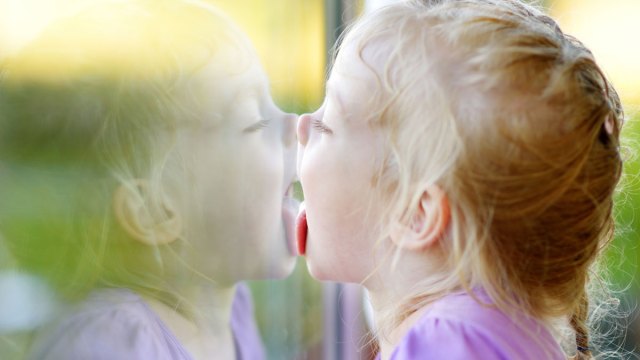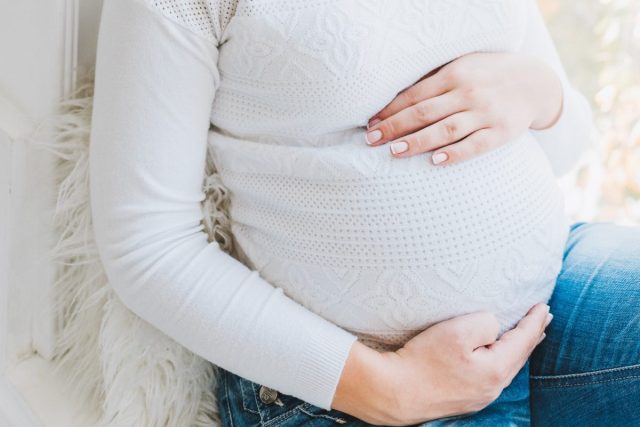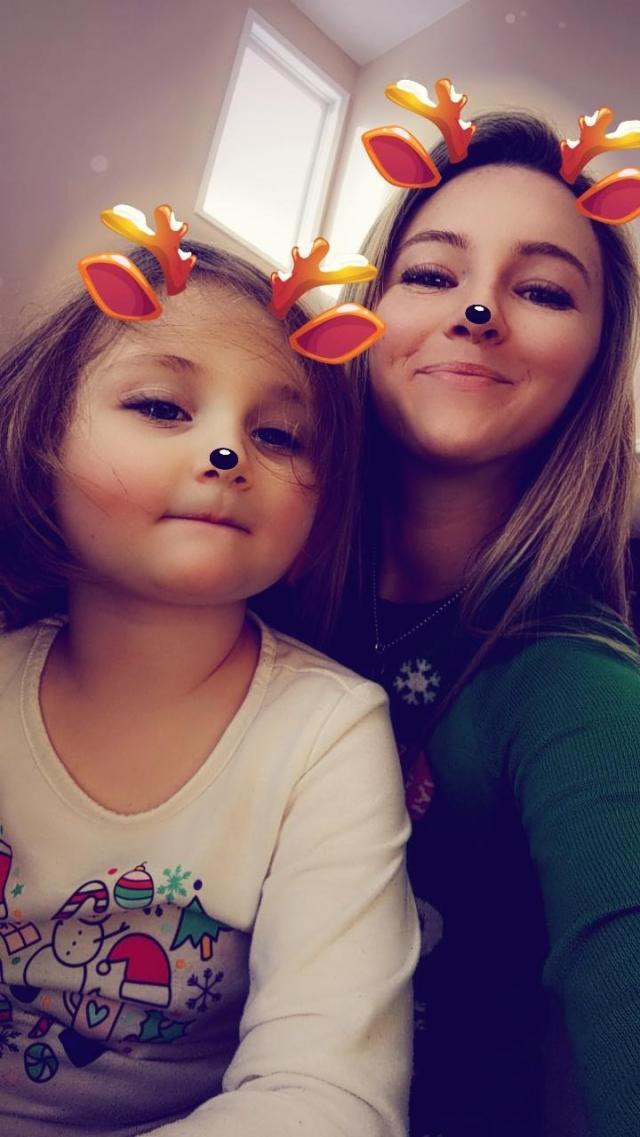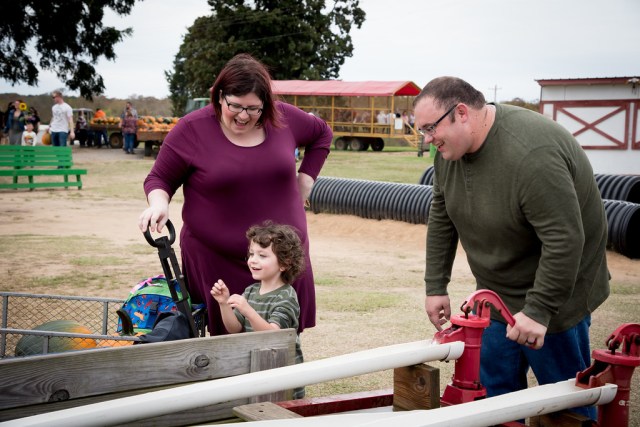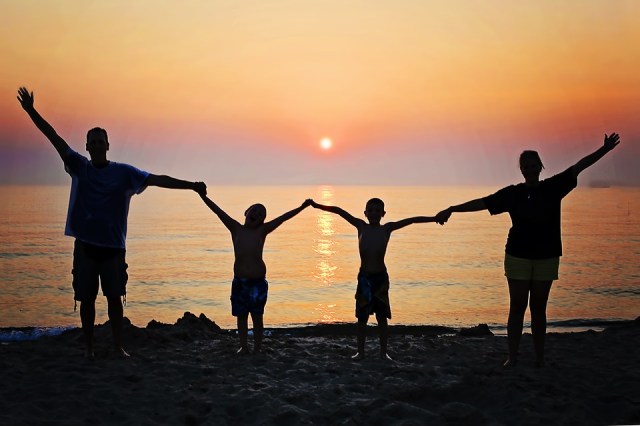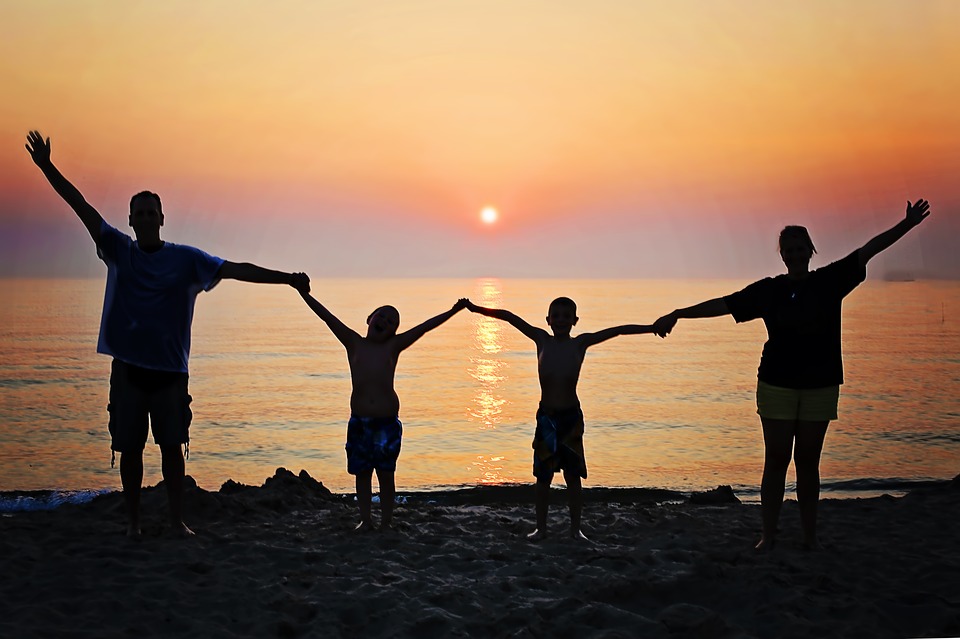May’s birthstone is known as the “Jewel of Kings”
You know that April showers bring May flowers, but did you know that many people born in May consider themselves to be the happiest and healthiest people around? Read on to find out why May-born babies are such a hearty lot. And if you’re expecting a May babe, check out this list of adorable names just for people born in May.
1. People born in May consider themselves to be lucky.
According to a survey of nearly 30,000 participants, respondents were asked to rate how lucky they thought they were. The findings showed that people born in the summer are more likely to consider themselves lucky than those born in the winter. May-born respondents said they were the luckiest, while people born in November were the most pessimistic.
2. People born in May claim either the Taurus or Gemini zodiac sign.
If you have a birthday of April 20 – May 20, you were born under the sign of Taurus. If your May birthday is May 21 or after, you were born under the sign of Gemini.
3. May babies are driven to succeed.
Strong-willed and achievement-oriented people born in May under the sign of Taurus seem to possess an innate sixth sense that helps them navigate through life. Like their Taurus counterparts born in April, those born in May can be stubborn, but their critical, systematic ways of thinking help them get stuff done.
4. People born in May often have wanderlust.
Restless and curious, people born in May are always itching to explore the world. They often lead exhausting and busy lives that incorporate adventure and work, but they are the last to complain about their hectic lifestyles. For May-born people bitten by the travel bug, exploration isn’t simply a distraction, it’s a way of life.
5. People born in May are fun to be around.
If you claim Gemini as your astrological sign, there’s a good chance you are chatty, enthusiastic, full of energy, and always looking to join the party. While this can be exhausting for some, everyone needs that go-go-go person in their lives.
6. May babies tend to be tinier than babies born in other months.
According to the U.S. National Library of Medicine, babies born in May tend to be shorter, lighter, and have smaller heads, which scientists think is related to the amount of vitamin D the mother gets while pregnant.
7. The birthstone for May represents royalty, eloquence, and foresight.
May’s birthstone, the emerald, is known as the “Jewel of Kings.” Beloved by royal figures throughout history, the most famous might be Cleopatra, who was said to shower this precious gem on visiting dignitaries. It was thought to reveal the truth and was used to ward off spells. People also thought, if worn, it would increase riches and allow the wearer to predict the future.
8. They share their birth month with plenty of famous people born in May.
There are quite a few celebrities born in May, including Dwayne “The Rock” Johnson, Robert Downey Jr., Adele, Cate Blanchett, Stevie Wonder, Ian McKellen, and Octavia Spencer.
Related: This Is Why September Babies Are More Successful, According to Science






